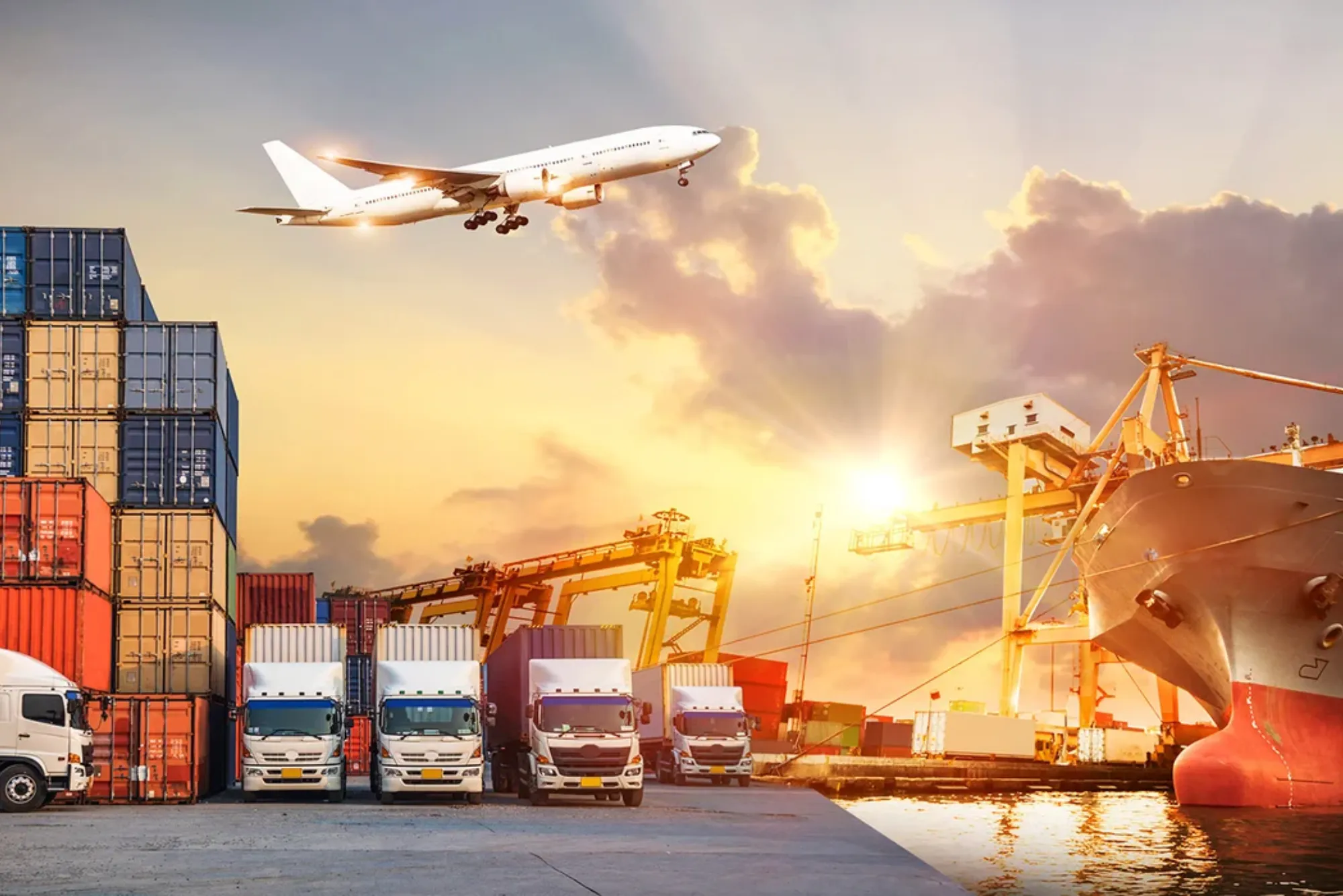Customs compliance is no longer just about clearing shipments at ports—it extends into the realm of ongoing regulatory scrutiny, especially in the form of Customs Compliance Audits and Post-Clearance Reviews (PCRs). In the United Arab Emirates (UAE), customs authorities such as Dubai Customs and the Federal Customs Authority (FCA) regularly conduct audits to verify whether importers, exporters, and logistics companies are accurately declaring goods, paying duties, and maintaining proper documentation.
These audits can be time-consuming, legally complex, and financially risky if discrepancies are found. That’s why businesses often ask:
Can Lawyers in Dubai assist with customs compliance audits and post-clearance reviews in the UAE?
The answer is an emphatic yes. Lawyers in Dubai play a critical role in preparing for, responding to, and defending against the findings of customs audits. Their involvement ensures full legal compliance, protects businesses from penalties, and helps establish best practices for future trade operations.
What Is a Customs Compliance Audit or Post-Clearance Review?
A Customs Compliance Audit (also referred to as a Post-Clearance Audit (PCA) or Post-Clearance Review (PCR)) is a retrospective examination of a company’s import and export transactions to ensure:
- Accurate declaration of goods
- Proper valuation and classification (HS codes)
- Correct duty and VAT payments
- Compliance with applicable trade agreements or exemptions
- Adherence to import licensing and permit requirements
Audits are typically initiated:
- Randomly, based on risk profiling
- Following a discrepancy or irregularity in customs declarations
- After a tip-off or complaint
- As part of a routine compliance cycle
They can cover periods of up to five years, and may result in:
- Duty reassessments
- VAT adjustments
- Customs penalties and interest
- Suspension of customs code or AEO status
- Legal action or blacklisting in serious cases
How Lawyers in Dubai Assist with Customs Audits and Post-Clearance Reviews
Lawyers in Dubai are indispensable allies when your business is selected for a customs audit. Their support includes compliance review, strategic advisory, regulatory negotiations, and—if necessary—legal defense.
1. Pre-Audit Legal Health Check and Risk Assessment
Before customs arrives for an audit, lawyers assist in:
- Reviewing historical import/export records
- Verifying documentation such as commercial invoices, packing lists, and declarations
- Identifying potential risks, including valuation gaps, incorrect HS codes, and missing licenses
- Conducting internal mock audits to simulate customs questions and prepare responses
This proactive approach helps businesses correct minor errors internally and be fully prepared for the official review.
2. Legal Representation During the Audit Process
When customs officials begin their inspection:
- Lawyers in Dubai serve as your legal representatives, ensuring that audit procedures are conducted lawfully and fairly
- They assist in preparing responses to customs queries and interviews
- They monitor document requests to ensure sensitive or privileged information is handled correctly
- They help clarify legal justifications for declaration decisions, exemptions, or valuation methods
Their presence can prevent miscommunication and avoid unintended self-incrimination or admissions.
3. Responding to Preliminary Findings and Objections
After the audit, customs may issue a Preliminary Audit Report outlining concerns or discrepancies. Lawyers:
- Review the findings in detail and compare them with internal records
- Identify any legal or factual errors in the audit
- Draft and submit a formal response or objection supported by documentation and legal argument
- Clarify misunderstandings in valuation, classification, country of origin, or license use
Timely legal rebuttals can prevent escalation into penalties or reassessments.
4. Negotiating Duty Reassessments or Penalty Reductions
If customs determines that duties or VAT were underpaid, they may issue a reassessment along with potential penalties. Lawyers help by:
- Reviewing the methodology used by customs for the reassessment
- Checking whether customs applied the correct valuation or exemption policies
- Negotiating for reduced fines or interest, especially if the error was unintentional
- Arranging for payment plans or settlements, where applicable
Their negotiation skills can significantly reduce the financial impact of the audit.
5. Filing Appeals Against Audit Outcomes
If your business disagrees with the audit results, Lawyers in Dubai can:
- File an appeal with the Customs Dispute Resolution Committee
- Prepare a comprehensive legal memorandum challenging the findings
- Present supporting evidence, expert reports, or third-party opinions
- Escalate the matter to the Administrative Court, if required
Appeals must be filed within strict deadlines—usually within 30 days of receiving the final audit report—making legal support essential.
6. Post-Audit Compliance Enhancement
After the audit is completed, lawyers work with businesses to:
- Implement recommended corrections and procedural changes
- Draft new Standard Operating Procedures (SOPs) for customs declarations
- Train staff on compliance risks and customs documentation standards
- Review contracts with suppliers and logistics partners to include compliance clauses
- Register for Authorized Economic Operator (AEO) programs or customs fast-track schemes
This ensures long-term protection and reduces the risk of future audits or violations.
Conclusion
Yes, Lawyers in Dubai are essential when dealing with customs compliance audits and post-clearance reviews in the UAE. Their strategic legal support ensures that your business is protected, your rights are respected, and your trade operations continue with confidence.
Customs audits are no longer rare—they’re part of the UAE’s effort to align with global trade standards. By partnering with knowledgeable and experienced Lawyers in Dubai, your company can respond professionally, protect its financial interests, and build a long-term framework for seamless and lawful international trade.
Find more at Tech Trigger.










